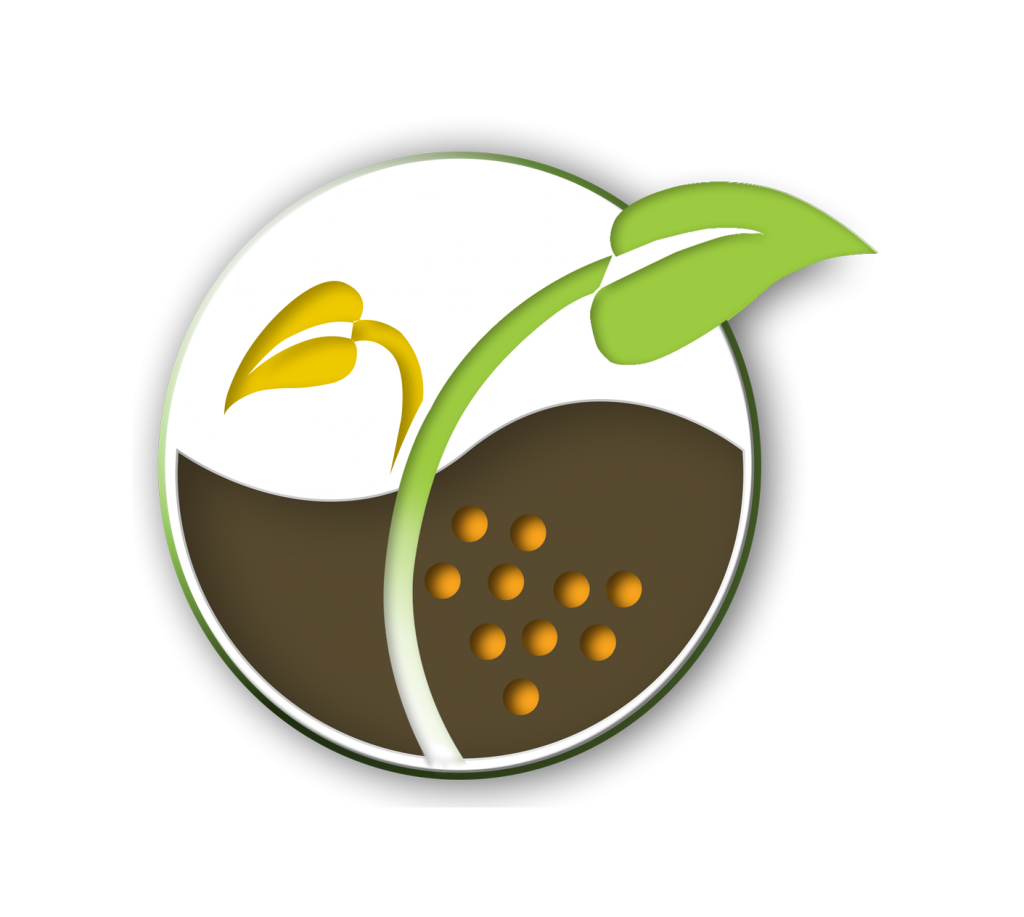M.I. Trillas, E. Casanova, L. Cotxarrera, J. Ordovás, C. Borrero and M. Avilés 2006. Biological Control, 39:32-38.
Using composts in agriculture to minimize organic wastes and to reduce the addition of fertilizers and fungicides in crop production is highly effective. Our results show that among those tested composts aged 0.5–1 year, cork compost reduced diseases caused by Rhizoctonia solani in cucumber plants (53% of diseased plants) in comparison to peat (up to 89%). However, all composts aged 1.5–3 years (comprised of cork, grape marc, olive marc and spent mushroom) highly suppressed Rhizoctonia disease, measuring 3, 11, 27 and 29% of diseased plants, respectively. Plant growth media enriched with the biological control agent Trichoderma asperellum (strain T-34) reduced the incidence of R. solani disease when amended at 103 cfu ml−1. In composts aged 0.5–1 year, T-34 was only efficient when added to spent mushroom and cork compost, although it remained well established in all of them. The fact that T-34 rendered all composts aged 1.5–3 years highly suppressive is attributed to the low levels of easily biodegradable substances. Rhizoctonia damping-off in cucumber plants can be reduced by using composts and/or the biological control agent T. asperellum strain T-34. In addition, the extent to which composts suppress this disease depends on the nature of the composted materials, increasing with the composts’ maturity level.
Más información sobre la patente aqui.



